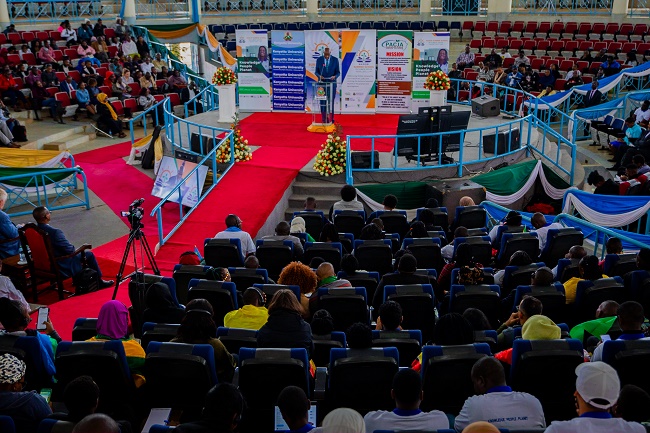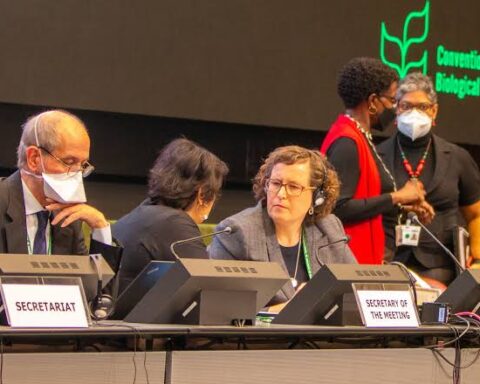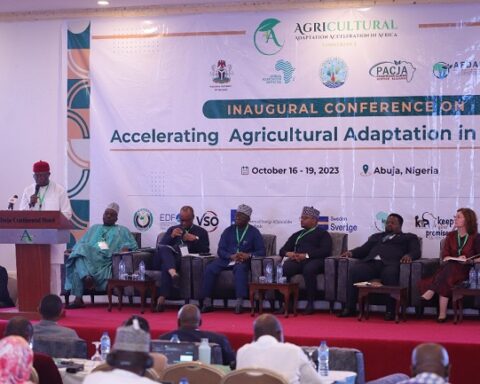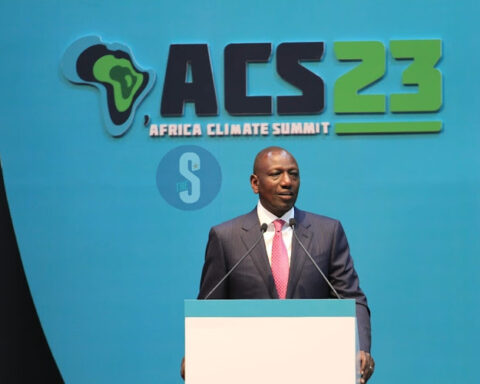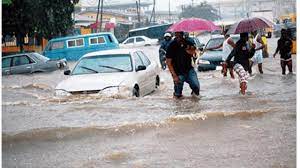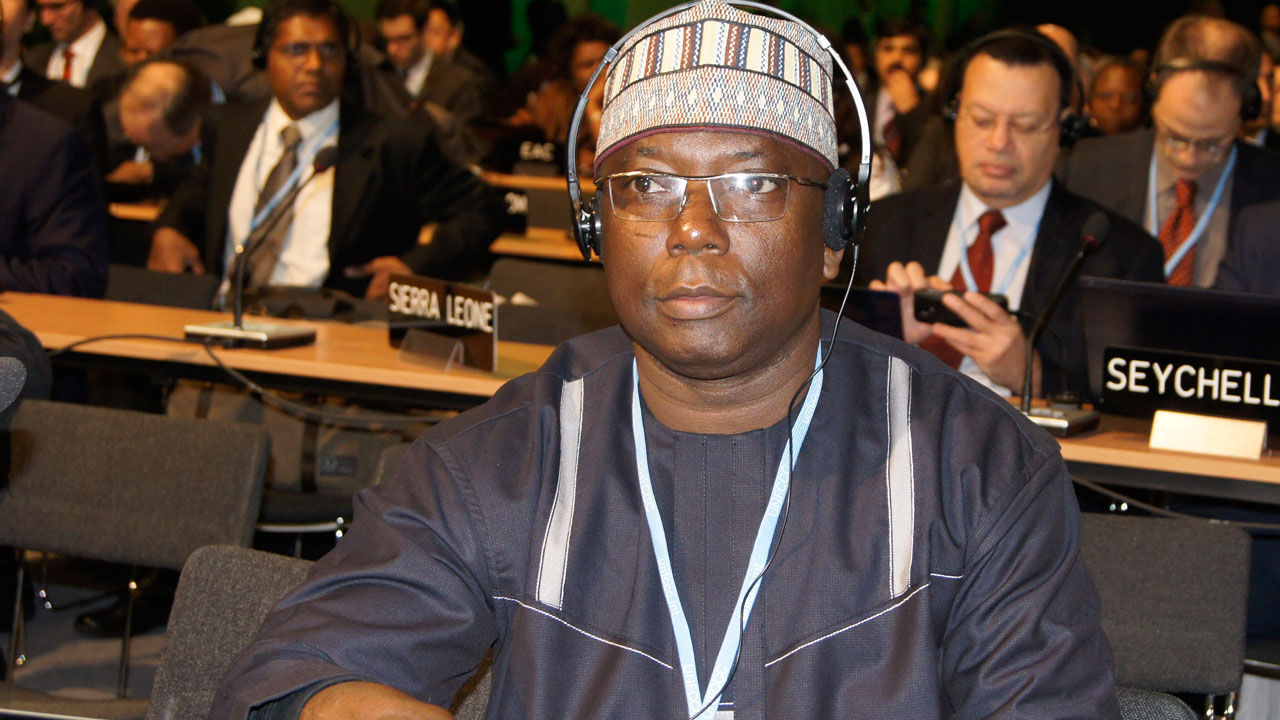The Pan African Climate Justice Alliance (PACJA), in partnership with Kenyatta University, opened the third Nairobi Summer School of Climate Justice (NSSCJ) cohort in Nairobi, Kenya, on Monday, July 3, 2023.
The official opening symposium was held at Kenyatta University and attracted over 500 participants featuring over 250 students from across the continent and beyond.
Addressing participants, Dr. Mithika Mwenda, Executive Director of PACJA, described the Nairobi Summer School on Climate Justice as a unique and innovative initiative that aims to equip young leaders and activists with the knowledge, skills, and tools to advance the cause of climate justice in their communities and beyond.
Defending the historical idea of starting the Nairobi Summer School on Climate Justice initiative, Dr. Mwenda said that the mobilisation, policy engagement, and other engagements that PACJA has been undertaking are team-worthy and hence the Nairobi Summer School was a quick idea-bearing solution.
“We have been engaging with policymakers and stakeholders to influence and shape policies and actions that are responsive to the needs and aspirations of the people. We have built alliances and partnerships with other actors and movements that share our vision and values. But we cannot do this alone. We need you, the young leaders and activists, to join us in this struggle,” he said.
Regarding the theme of the Symposium, “Connecting Ideas and shaping narratives for Climate Justice, ” Amb. Ayele Kabede, the Programme Manager of the Swedish International Development Agency (SIDA), pointed out that the programme is invaluable in building intergenerational knowledge in the context of climate change.
“I am glad to hear that this edition of Nairobi Summer School brought together over 600 hundred physical and virtual students to be equipped with knowledge on Climate Change. This is a big achievement, said Amb. Kabede before he encouraged youth to think of the valuable contribution because they are actors of change in climate action.
“That is why you are here and that is why this platform is here for you,” he stressed.
The purpose of the NSSCJ, according to its promoters, is to awaken, equip, and inspire a new generation of actors in Africa and globally to address the question of climate justice, including intra and intergenerational equity.
The overall objective of NSSCJ is to enhance the capacity of Africans and their allies to advance climate justice perspectives through local, national, regional, and global interventions.
Since its inception in 2020, Nairobi summer school has trained over 800 youths from across and outside Africa.
So far youth from 70 countries attended and are bringing impacts to the local communities including strengthening the capacity of communities in areas of climate change and climate justice while others are supporting their governments as Negotiators in the climate change negotiation processes of UNFCCC.
The third cohort of Nairobi Summer School has attracted more than 500 students.
During two weeks of intensive learning, students will explore eight modules comprising topics including climate justice, adaptation, and resilience building in selected sectors, introduction to climate change and climate crisis, international efforts to address the climate crisis, critical climate justice issues for the global south, just transition and energy access, climate justice advocacy and communication, green economy, and entrepreneurship, and various thematic parallel streams.
By Dare Akogun


